Latest news
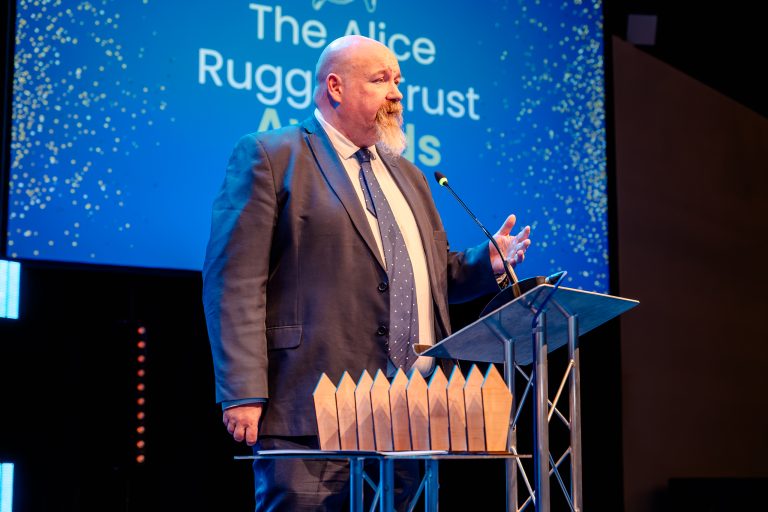
Seeking Trustees
We are seeking one Trustee who will act as our Honorary Treasurer and a second with particular interests or experience in safeguarding
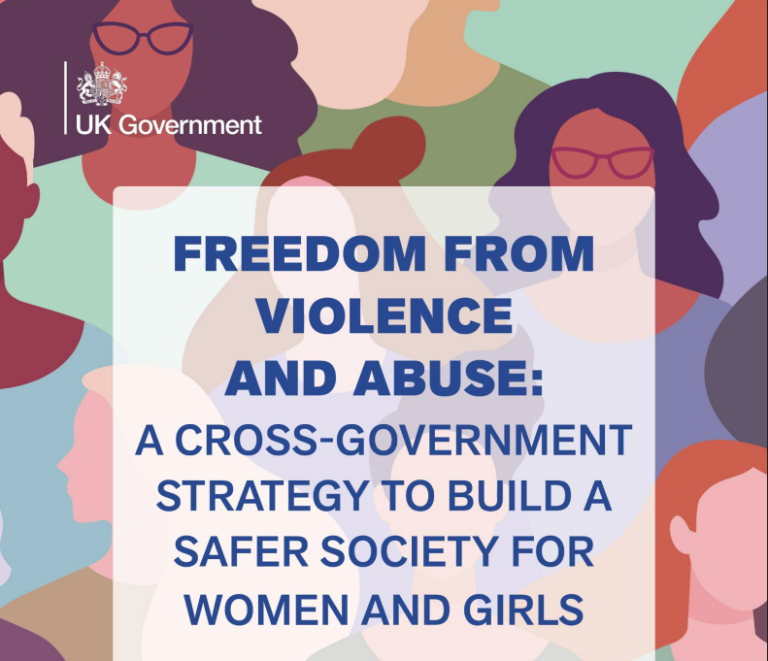
Government’s VAWG strategy published
The UK government has today published its long-awaited Violence Against Women and Girls (VAWG) Strategy, aimed at halving VAWG within a decade
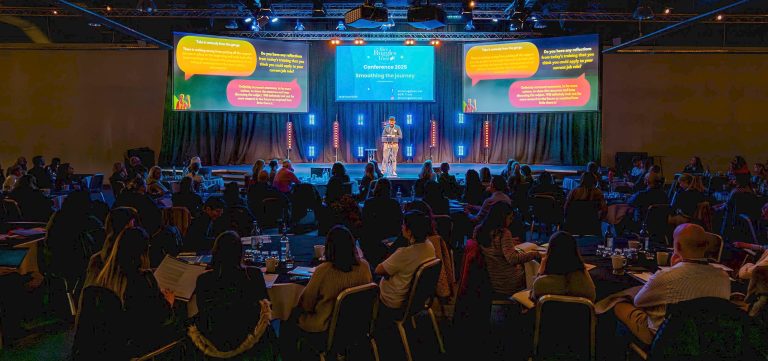
Our 2025 conference
was held on Wednesday Nov 5 and Thursday Nov 6 at the Trent Conference Centre in Nottingham

Government launches independent review of stalking legislation
The independent review will be led by Richard Wright KC, who prosecuted Trimaan Dhillon for Alice’s murder
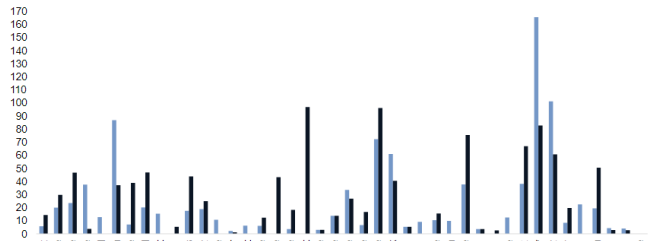
SPOs still far too little used
Stalking Protection Orders (SPOs) are still only being used in a tiny proportion of stalking cases. This has to change

Supercomplaint response published
Today has seen the release of the long-awaited report on the investigation into the National Stalking Consortium’s Super Complaint regarding the police response to stalking. The
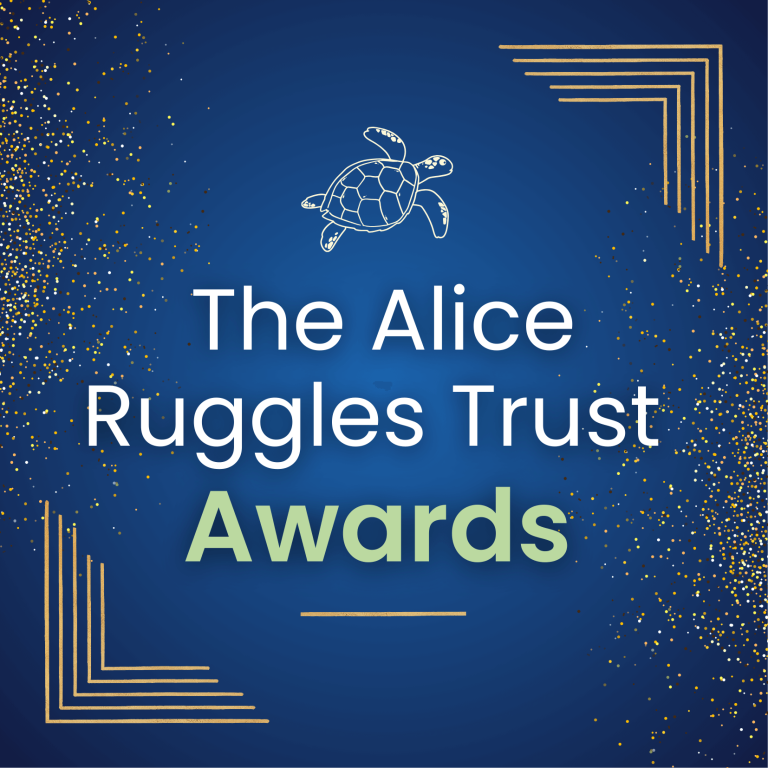
Launch of Alice Ruggles Trust Awards
The Alice Ruggles Trust Awards aim to recognise and celebrate those people and projects doing exceptional work bringing stalking to an end.
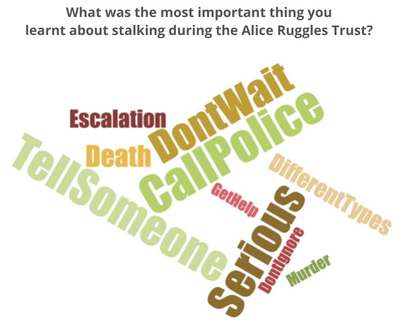
Stalking prevention assemblies
We are partnering with Durham Constabulary and the Office of Durham Police and Crime Commissioner to deliver assemblies about stalking across schools in County Durham and Darlington
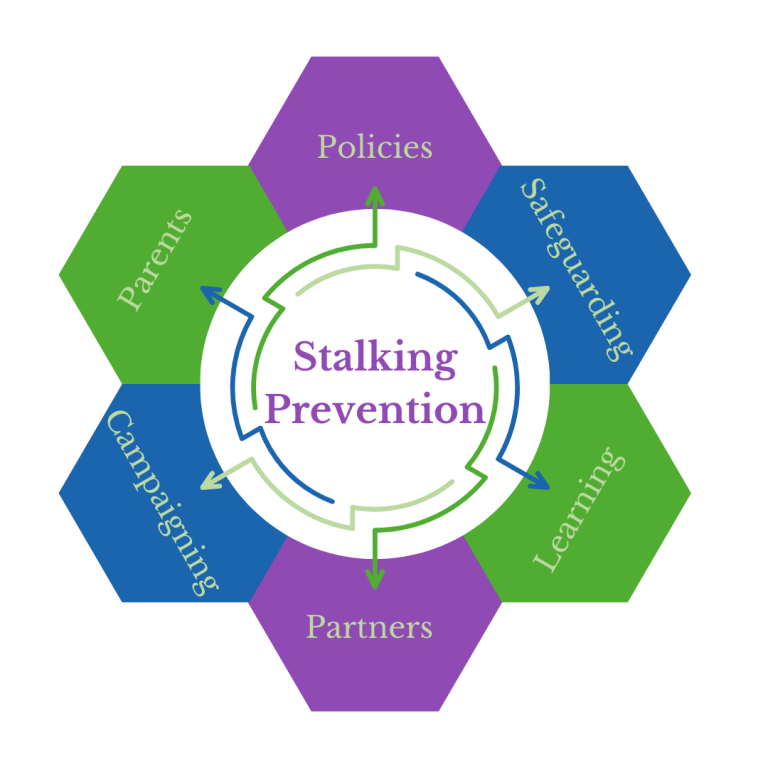
Launching our Stalking Safety Checklist
Working with Paladin National Stalking Advocacy Service, we have developed a simple checklist to support schools in creating a full support network around young people to help them recognise and report stalking